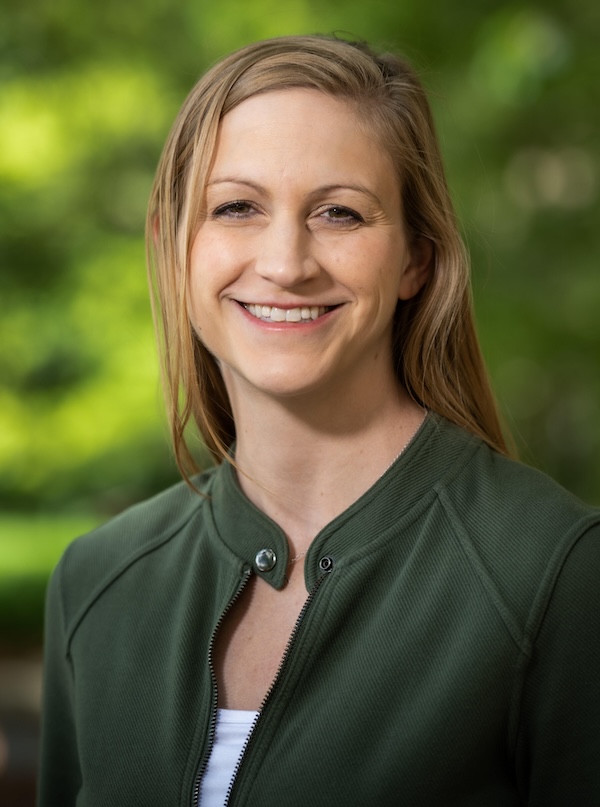DIRECTOR

Lauren Surface, PhD
Assistant Professor
Dr. Lauren Surface is an Assistant Professor in the Department of Biologic and Materials Sciences and Prosthodontics at the University of Michigan. She attended University of Washington for undergrad, performing research on yeast peroxisomes and fly brains. She then received her Ph.D. in Biology from the Massachusetts Institute of Technology, studying the role of chromatin in embryonic stem cell lineage commitment. Her postdoctoral research was done at Harvard University and Massachusetts General Hospital, where her work utilized genome-wide approaches followed by molecular investigations to understand the response of osteogenic cells to drugs and mineral ions. She is the recipient of the NIH/NIAMS K99/R00 Pathway to Independence Grant, and is a UM Biological Sciences Scholar.









